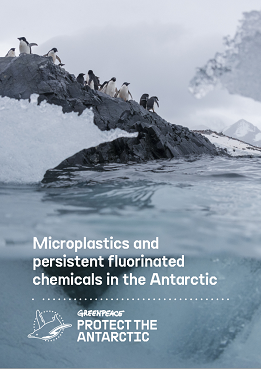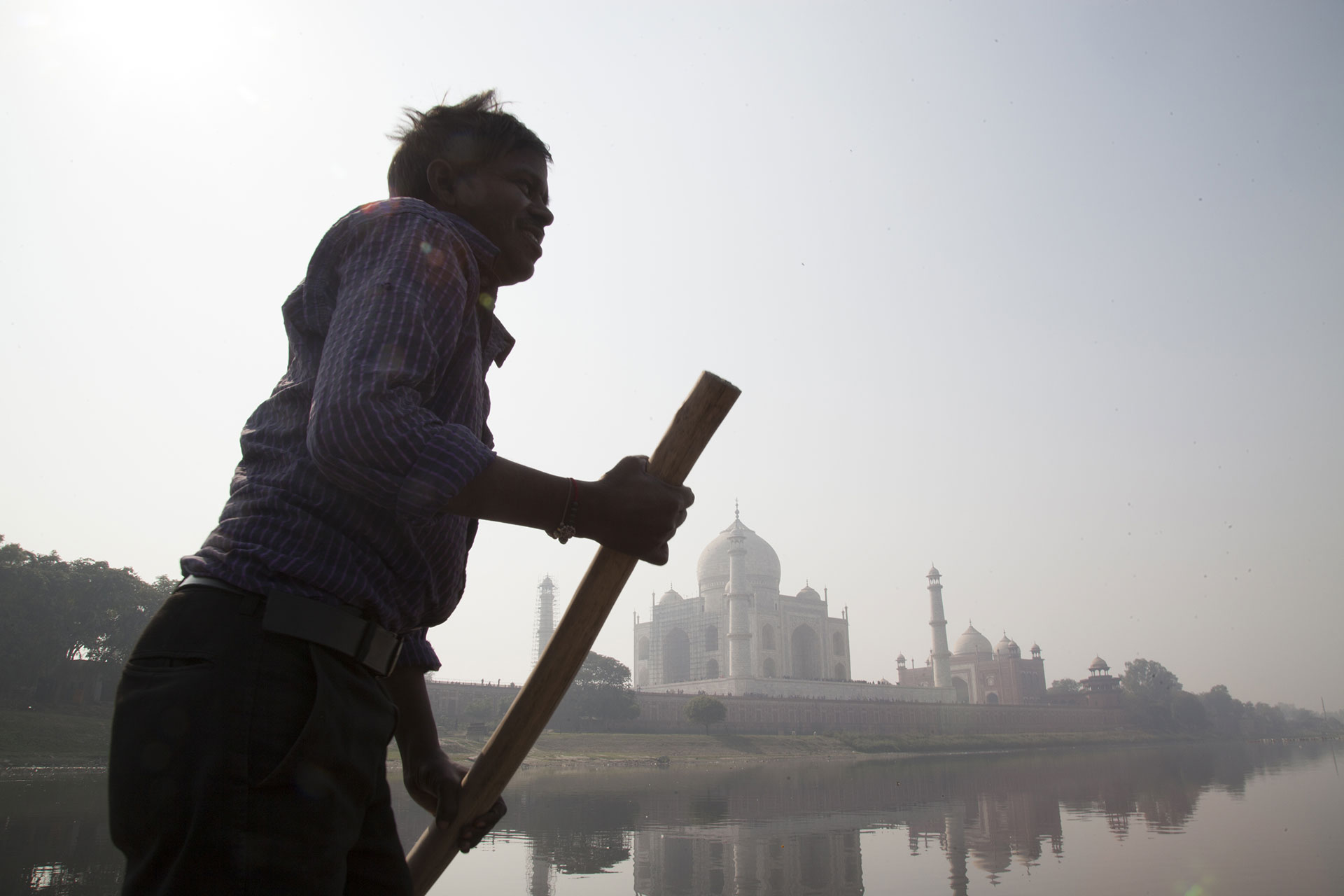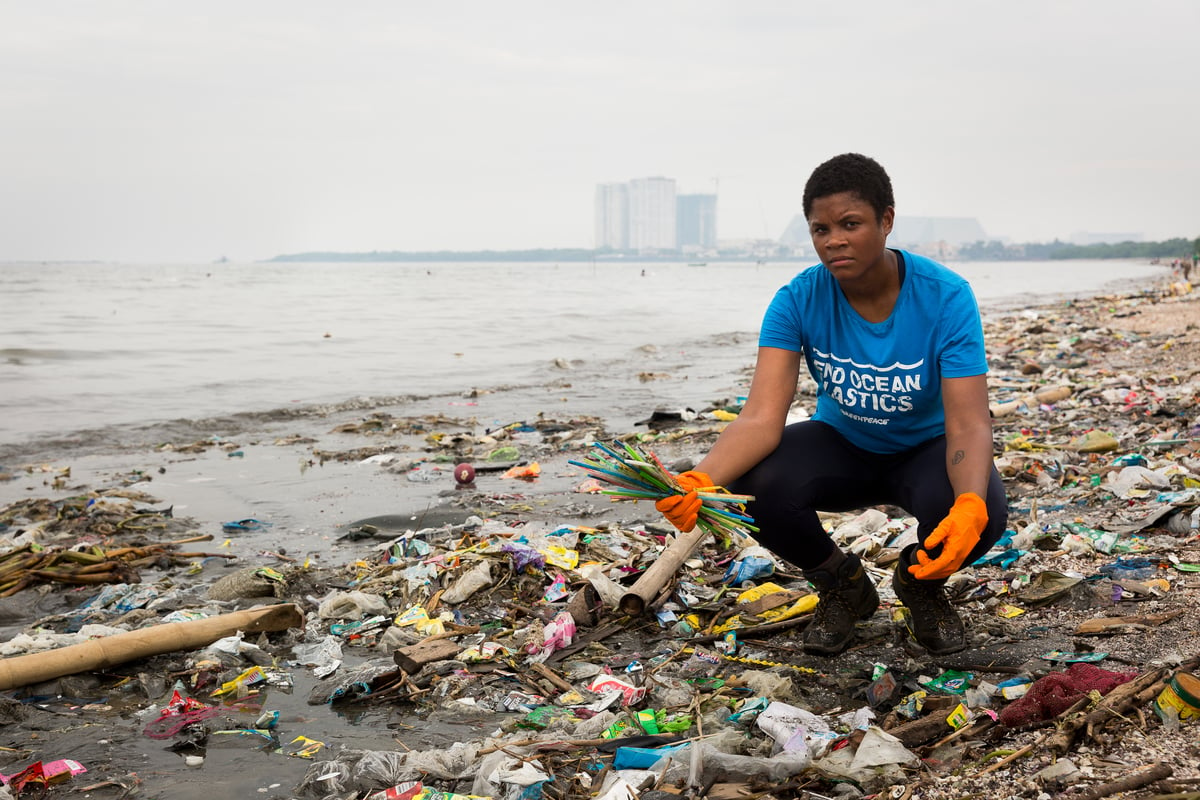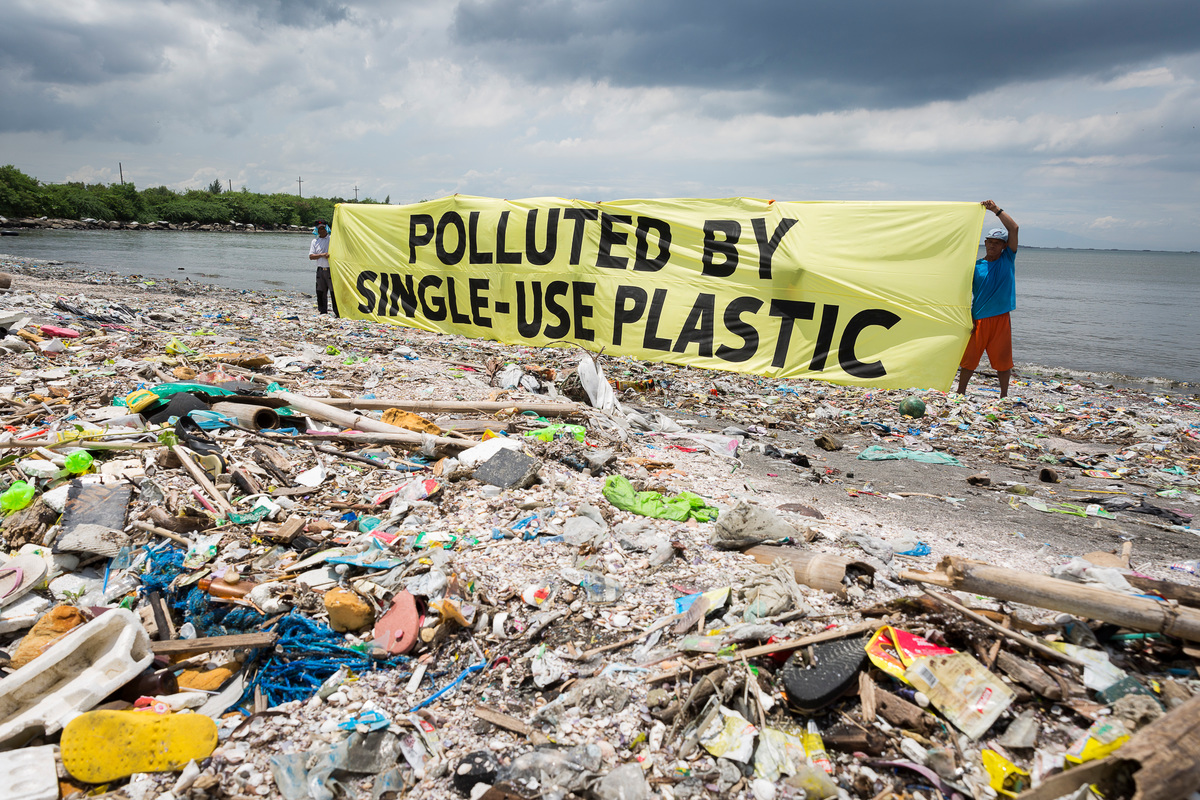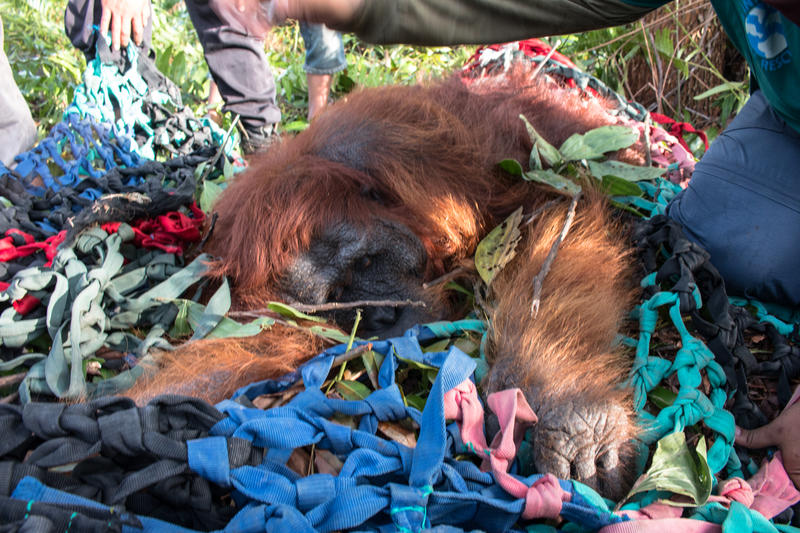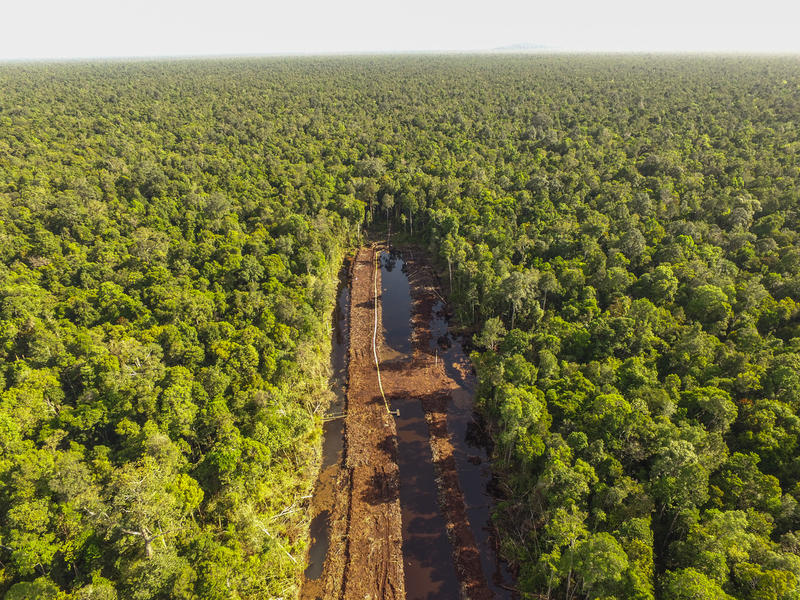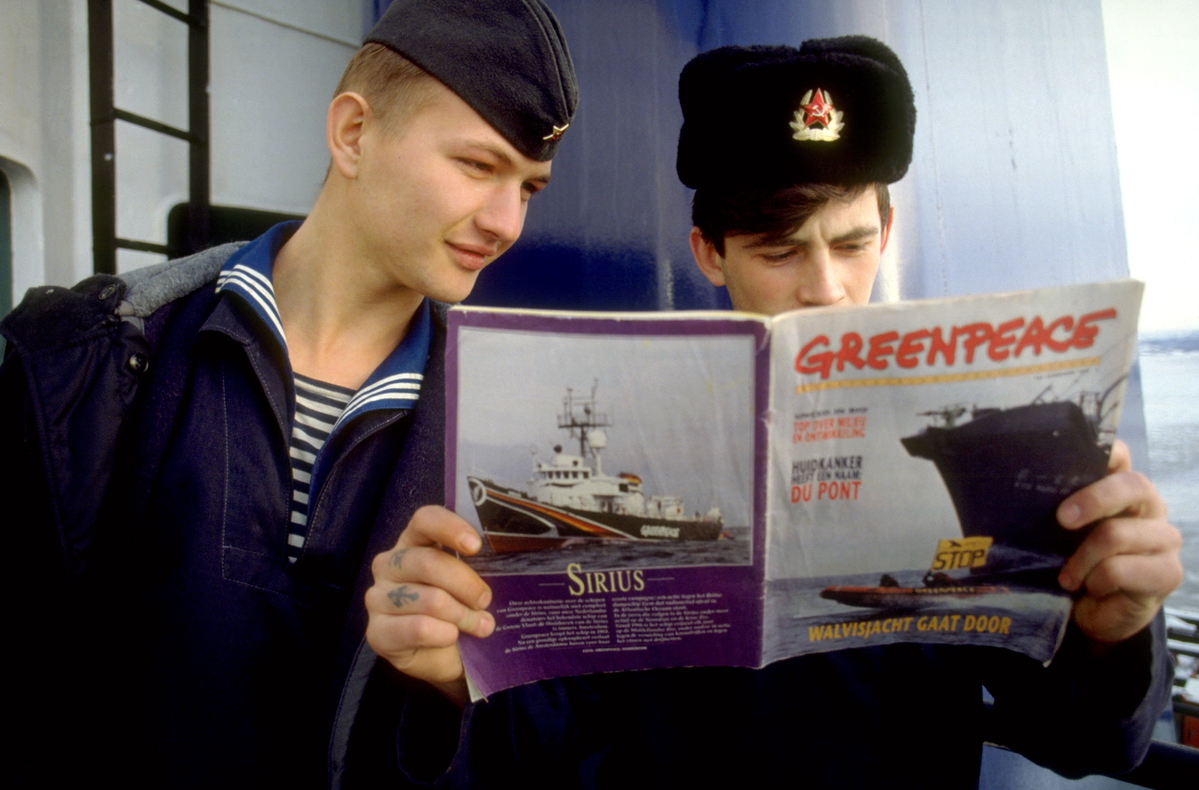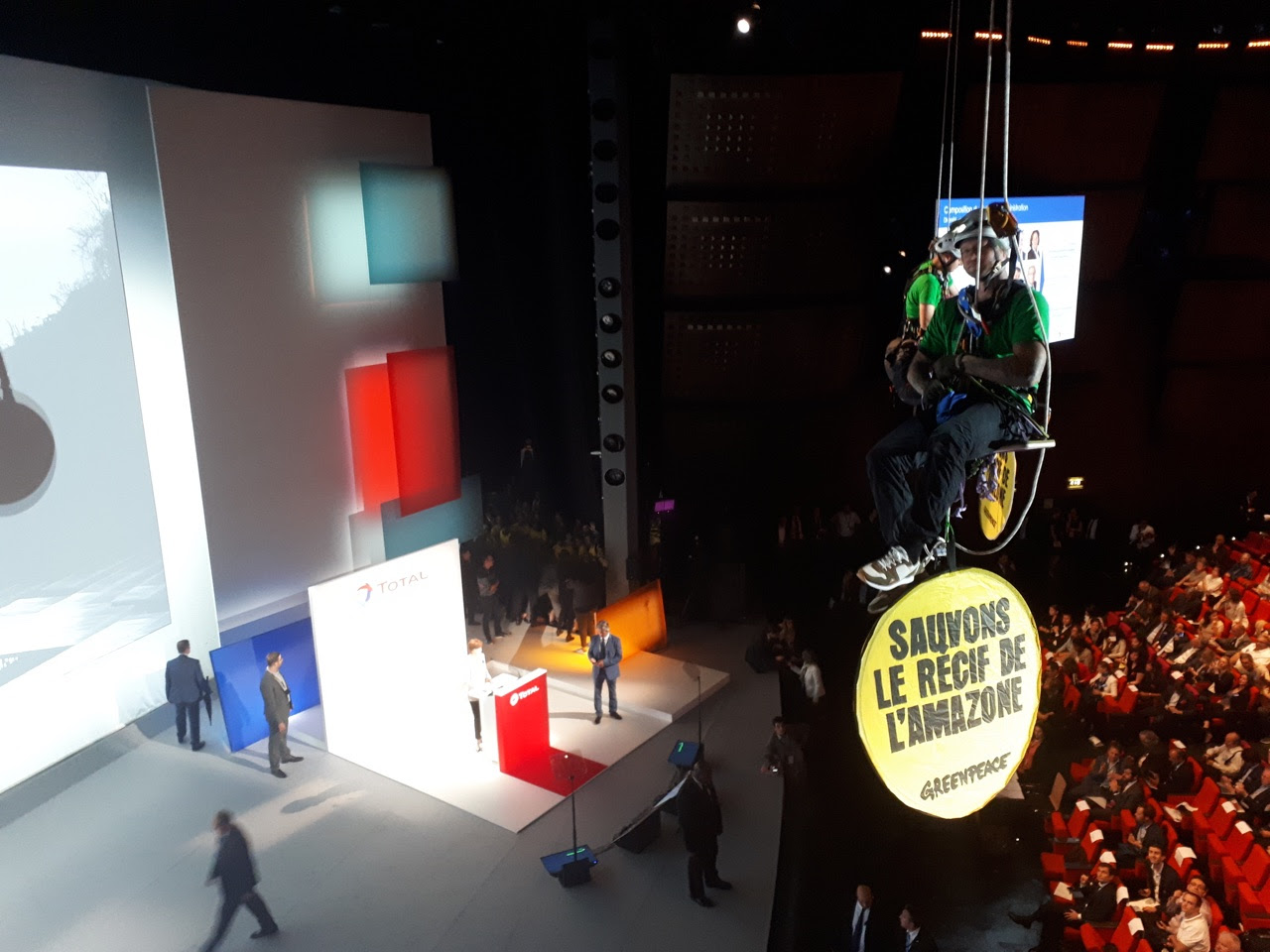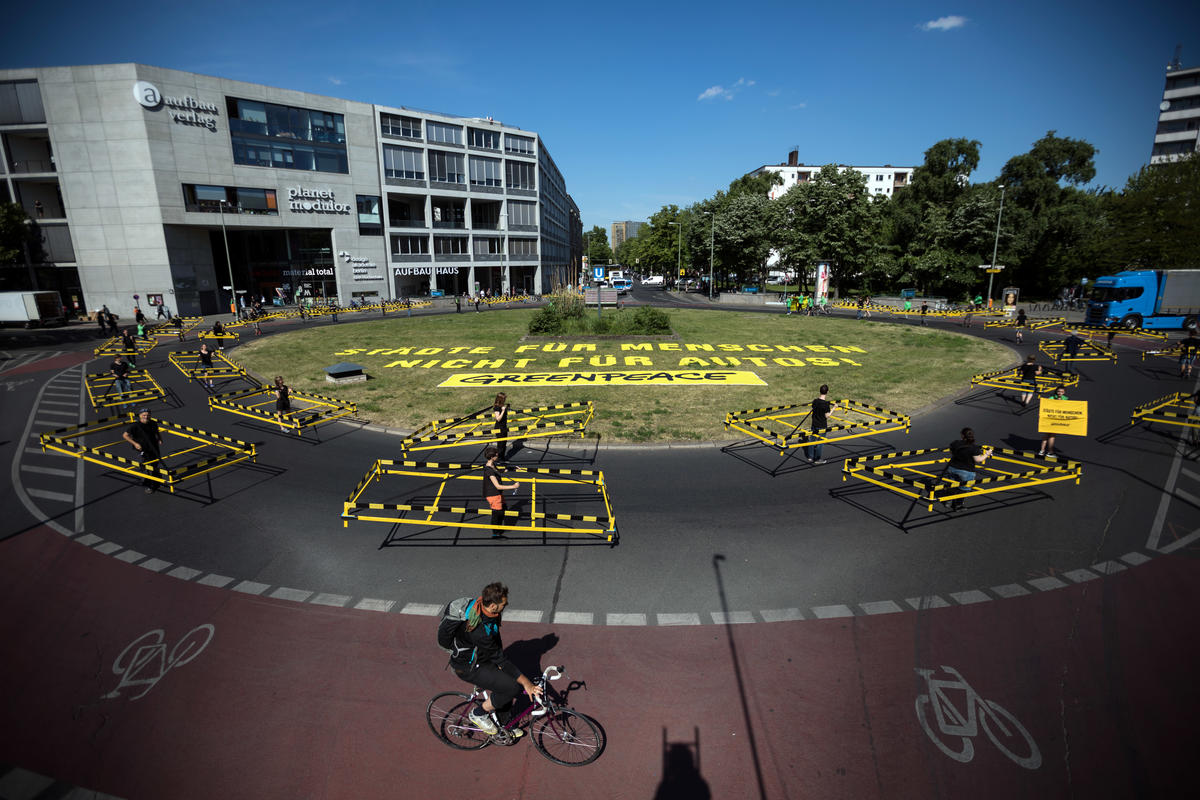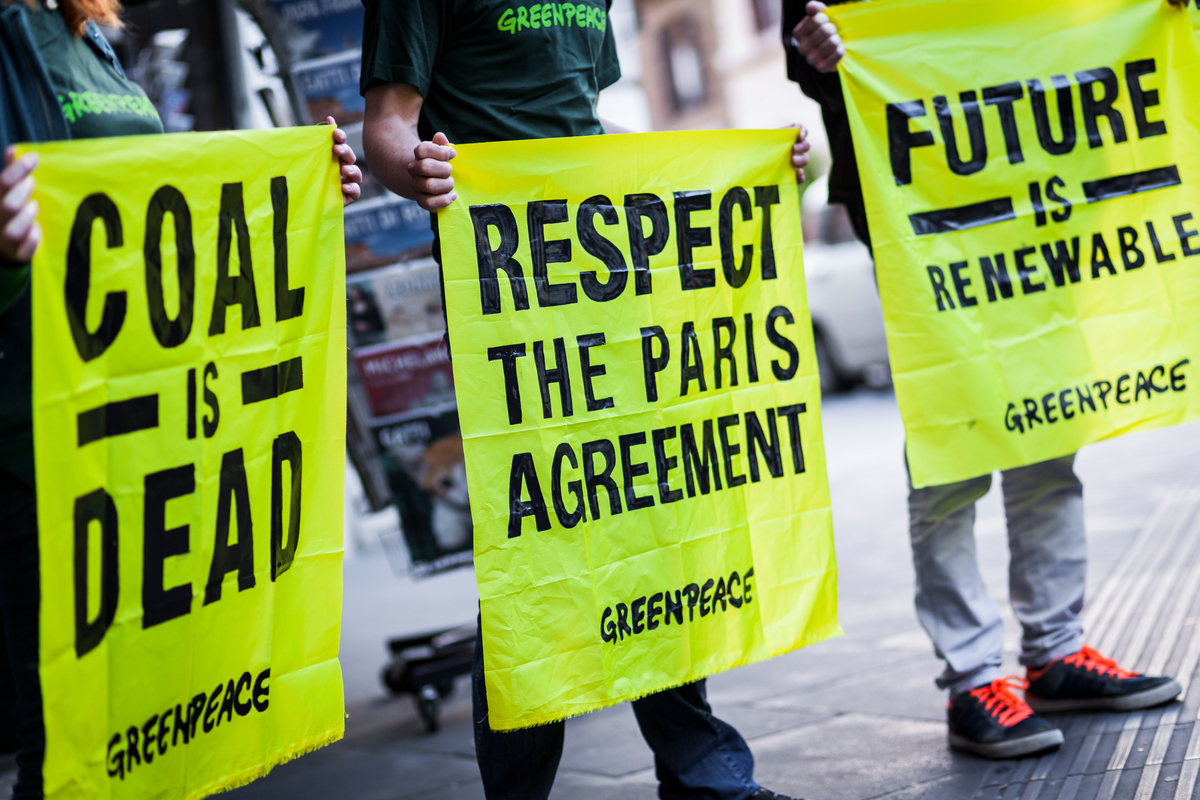-
Orangutan habitats and human life: Why we must fight for our forests
The hot, stinging sun beat down on us as we travelled deeper into Ketapang province, Indonesia.
-
Over 1000 orangutans threatened by illegal operations in Indonesia
“This is a major embarrassment for the Indonesian government, which has consistently promised to protect Sungai Putri."
-
Activists interrupt Total’s AGM in Paris over company plans to drill in the Amazon Reef
“More than two million people, the scientific community and the Brazilian administration have already expressed their opposition to Total’s drilling project in the mouth of the Amazon. Despite these calls, Total refuses to listen.."

